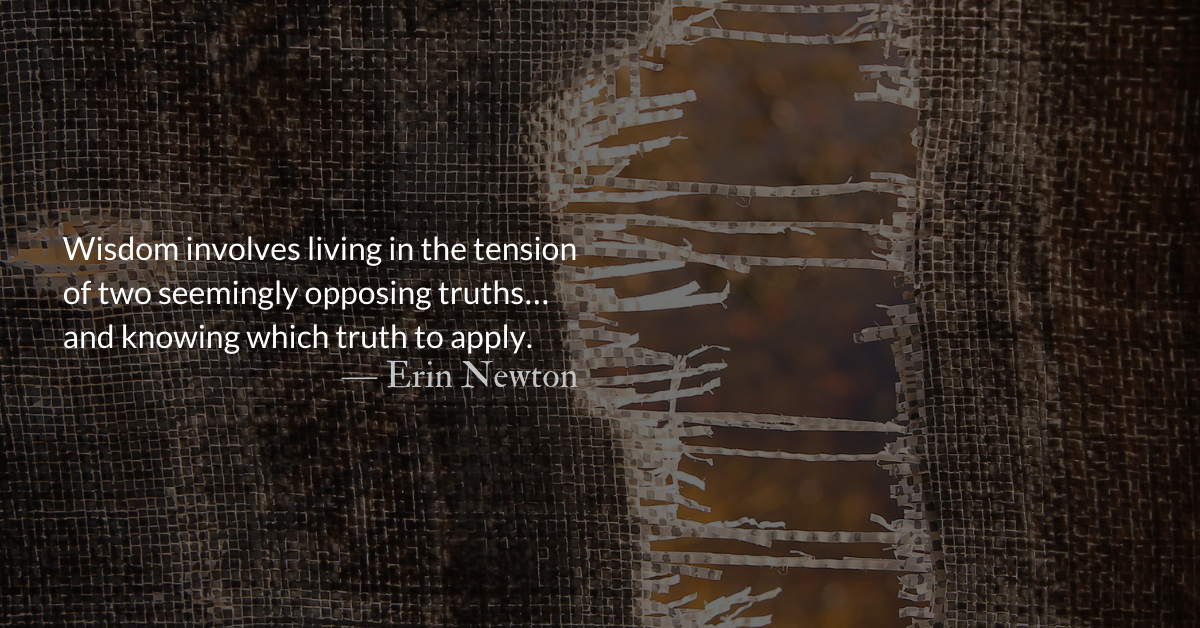Scripture Focus: Job 13.27
27 You fasten my feet in shackles;
you keep close watch on all my paths
by putting marks on the soles of my feet.
Reflection: Tension in God’s Presence
By John Tillman
Job acknowledges hardships beyond his own, including slavery. He addresses slavery realistically, but not in a way that defends its practice. Every reference to it is negative.
Job compares God’s awareness of all his sins to a practice of marking the soles of slaves’ feet to track their barefoot movements. This would probably have meant branding and would double as a proof of ownership.
There is a tension in many of Job’s complaints related to God’s presence or attention. In verses like Job 13.22, Job complained about God’s attention on every detail of his life. Job even asked God to look away and let him die in peace. (Job 7.19)
In other verses, Job longed for God to answer him, to come to him, to not “hide his face” (Job 13.24). If God did not come to him and answer him, there could be no justice, restoration, or hope.
God’s presence was Job’s only hope but also brought unbearable attention. Job both longed for God’s face to look at him and begged God to look away. He did not want to be treated as God’s enemy but recognized he was not God’s equal.
We feel this tension in our lives. The weight of our sin is real. Our personal sins and the sins and guilt of our society and culture from age to age hang on us. “Gestures broadly at everything” has become a common phrase in memes that express frustration at problems. Like Job, we gesture broadly at everything and wonder, “How can God be pleased with us? How can he love us?”
However, there is one thing we point to that guarantees God’s love—the cross of Christ. There is one mark given to us which brings freedom, not oppression—the Holy Spirit. There is one redeemer standing upon the earth, (Job 19.25-27) mediating peace in human’s war against God—Jesus Christ.
Jesus told his disciples that “righteous people” longed to see and hear what they have relayed to us. (Matthew 13.16-17) Job is certainly one of them. We are sure of God’s love for us in Christ. We are more sure of it than Job ever could be.
So, let us live in a way that assures others of God’s love. Let our actions be evidence of God’s beneficent presence. May rivers of his living water flow out of us, calling the thirsty to drink.
Divine Hours Prayer: A Reading
The woman said to him, “I know that Messiah—that is, Christ—is coming; and when he comes he will explain everything.” Jesus said, “That is who I am, I who speak to you.” — John 4.25-26
– From The Divine Hours: Prayers for Autumn and Wintertime by Phyllis Tickle.
Today’s Readings
Job 13 (Listen – 2:27)
Psalm 20-21 (Listen – 2:37)
Join us! Walk through the Bible with us…
Share this subscription link with friends, family, or your community of faith. Walk with friends though God’s Word!
https://mailchi.mp/theparkforum/m-f-daily-email-devotional
Read more about Do We Know Him?
We don’t deserve to learn Christ’s identity…Yet Christ’s love makes us worthy. He replaces our springs of sinfulness with his living water.












